Explore the ultimate collection of book club picks with masterpieces that promise to unleash a torrent of animated discussions. Each story holds the power to challenge, transform, and connect in ways you never imagined.
To Kill a Mockingbird by Harper Lee
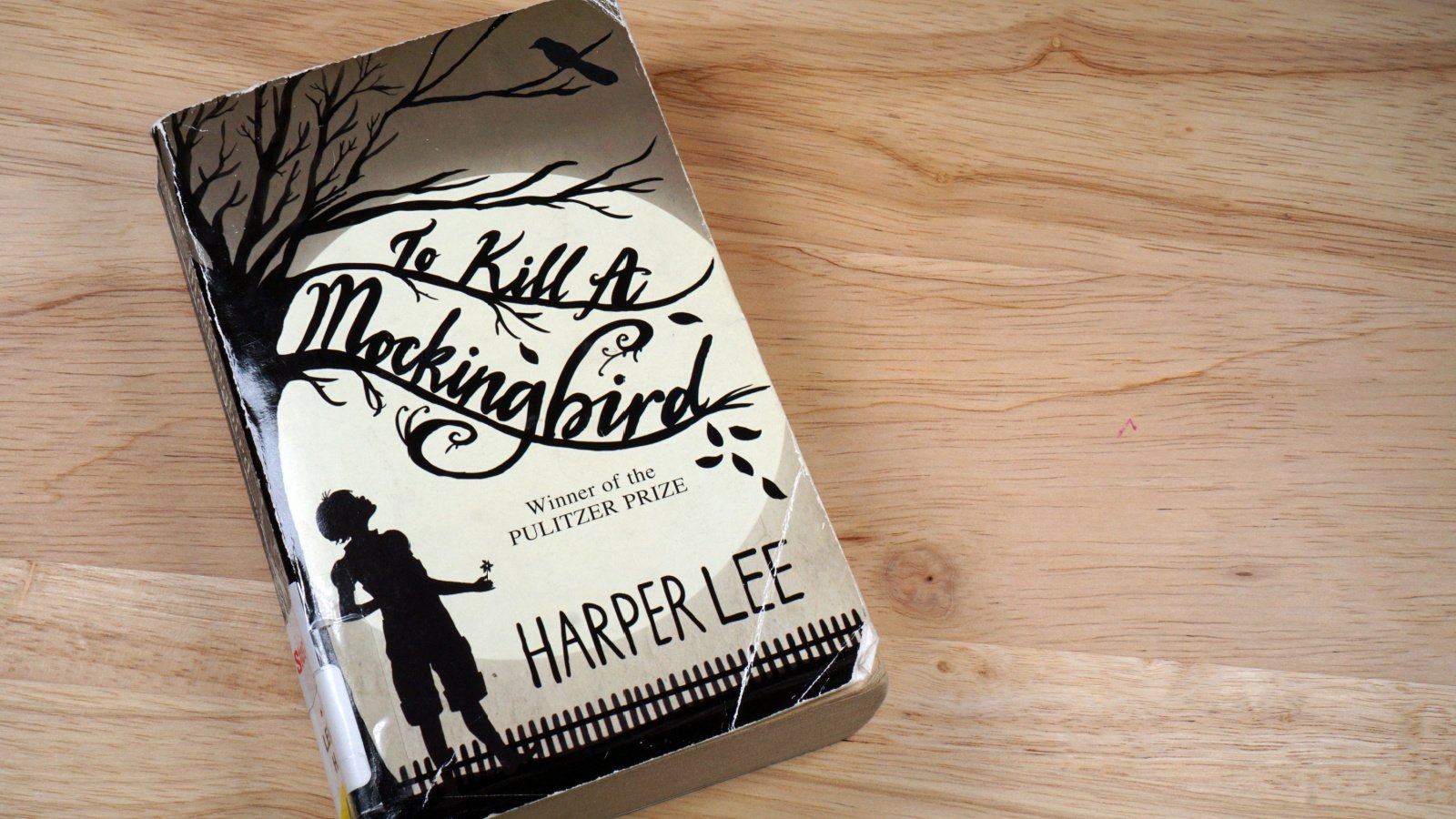
Set in the Deep South during the 1930s, this novel delves into themes of racial injustice and moral growth. Scout Finch, the young narrator, guides us through her father’s struggle to prove the innocence of a black man unjustly accused of a terrible crime. Lee’s rich characters and vivid setting provoke discussions about ethics, empathy, and the complexities of human nature. This timeless classic continues to resonate, making it an excellent choice for thought-provoking book club conversations.
1984 by George Orwell
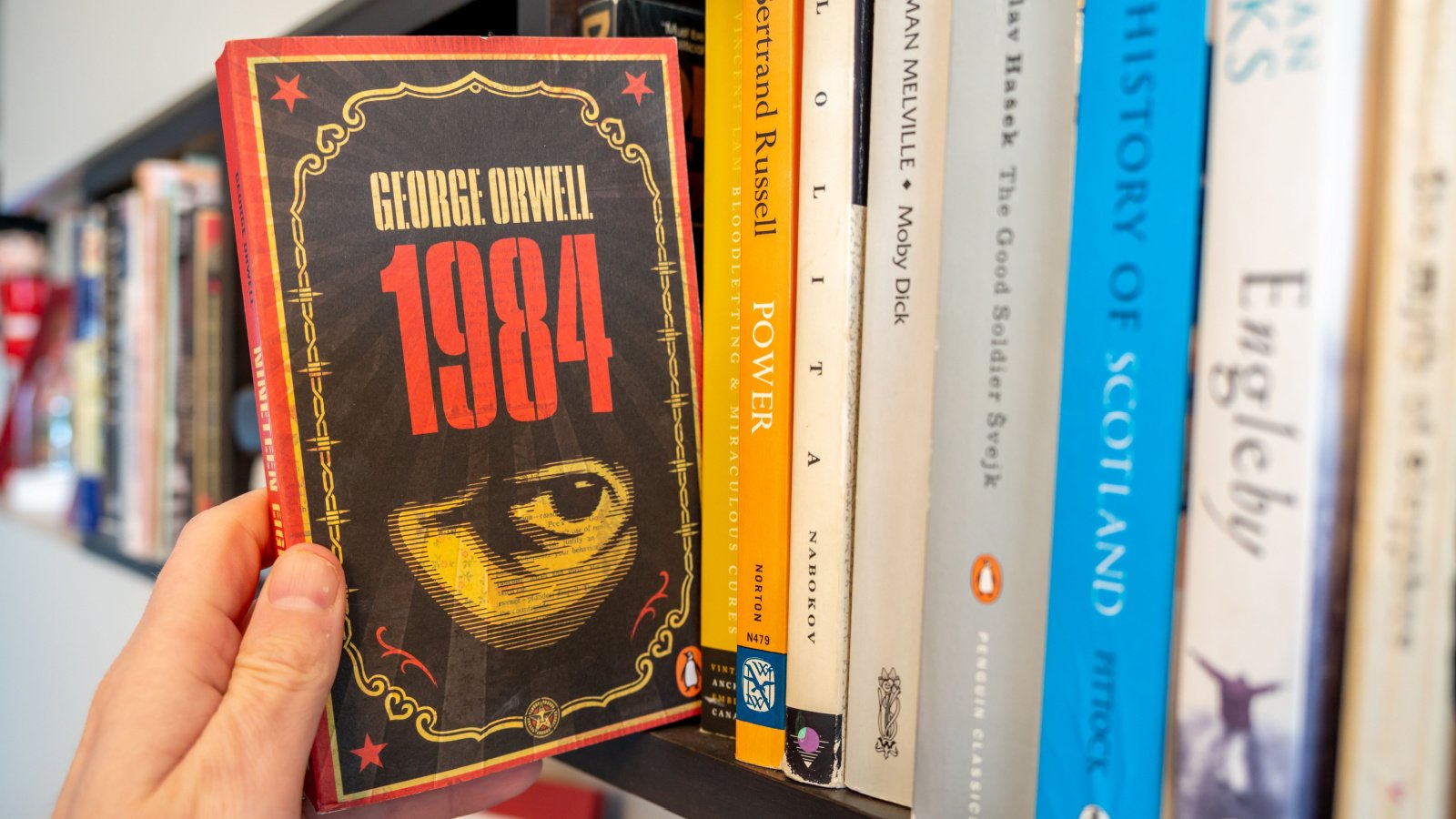
A masterpiece of dystopian fiction, 1984 paints a chilling portrait of a totalitarian regime that manipulates truth and erases history. Winston Smith’s rebellion against the omnipresent “Big Brother” raises profound questions about freedom, surveillance, and individuality. Orwell’s prophetic vision encourages readers to examine contemporary social and political issues through the lens of his narrative. The novel’s unsettling relevance ensures a lively debate in any book club.
The Great Gatsby by F. Scott Fitzgerald

Set in the roaring twenties, this novel tells the tragic story of Jay Gatsby, a man who reinvents himself to win back the love of Daisy Buchanan. Fitzgerald’s critique of the American Dream, depicted through lavish parties and hollow relationships, sparks discussions about wealth, love, and the elusive nature of happiness. The novel’s lyrical prose and complex symbolism invite readers to explore the underlying themes in depth, making it an engaging pick for book clubs.
Pride and Prejudice by Jane Austen
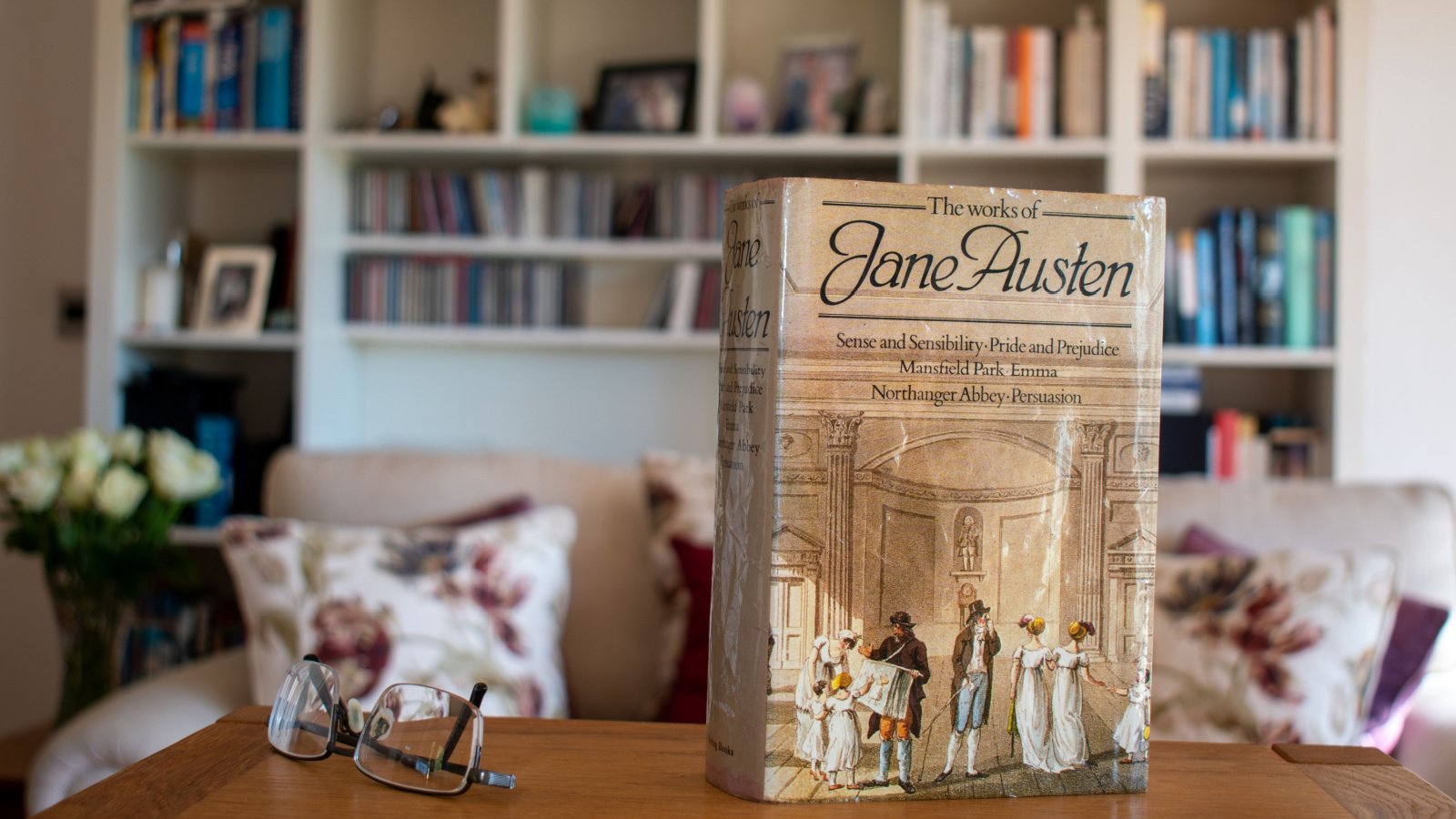
This beloved novel explores the romantic entanglements and societal pressures faced by the Bennet sisters in 19th-century England. Austen’s witty dialogue and sharp social commentary offer insights into human behavior and class dynamics. The evolving relationship between Elizabeth Bennet and Mr. Darcy provides ample material for discussions about love, reputation, and personal growth. Austen’s timeless work remains a favorite among book clubs for its depth and humor.
The Catcher in the Rye by J.D. Salinger
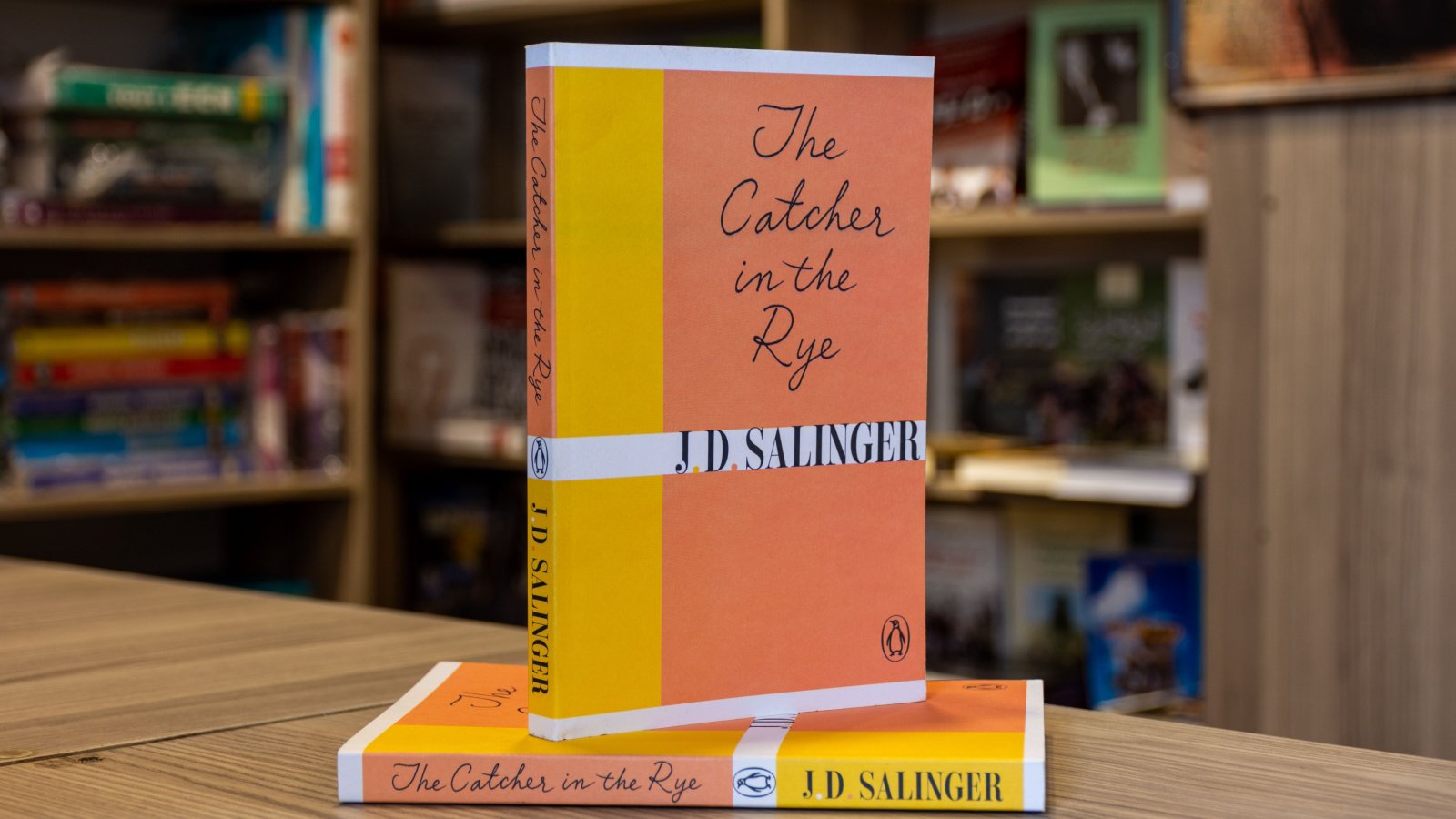
Through the eyes of the cynical and disillusioned teenager Holden Caulfield, readers are taken on a journey through the complexities of adolescence. Salinger’s portrayal of youthful alienation and the search for identity resonates with readers of all ages. The novel’s frank language and exploration of taboo subjects make it a provocative choice for book club discussions about growing up and the challenges of entering adulthood.
Beloved by Toni Morrison

This powerful novel examines the haunting legacy of slavery through the story of Sethe, a woman haunted by her past. Morrison’s lyrical prose and rich symbolism unpack the psychological impact of bondage and the struggle for freedom. The novel’s exploration of memory, identity, and the bonds of family makes it a profound selection for book clubs seeking deep, meaningful dialogue.
The Kite Runner by Khaled Hosseini
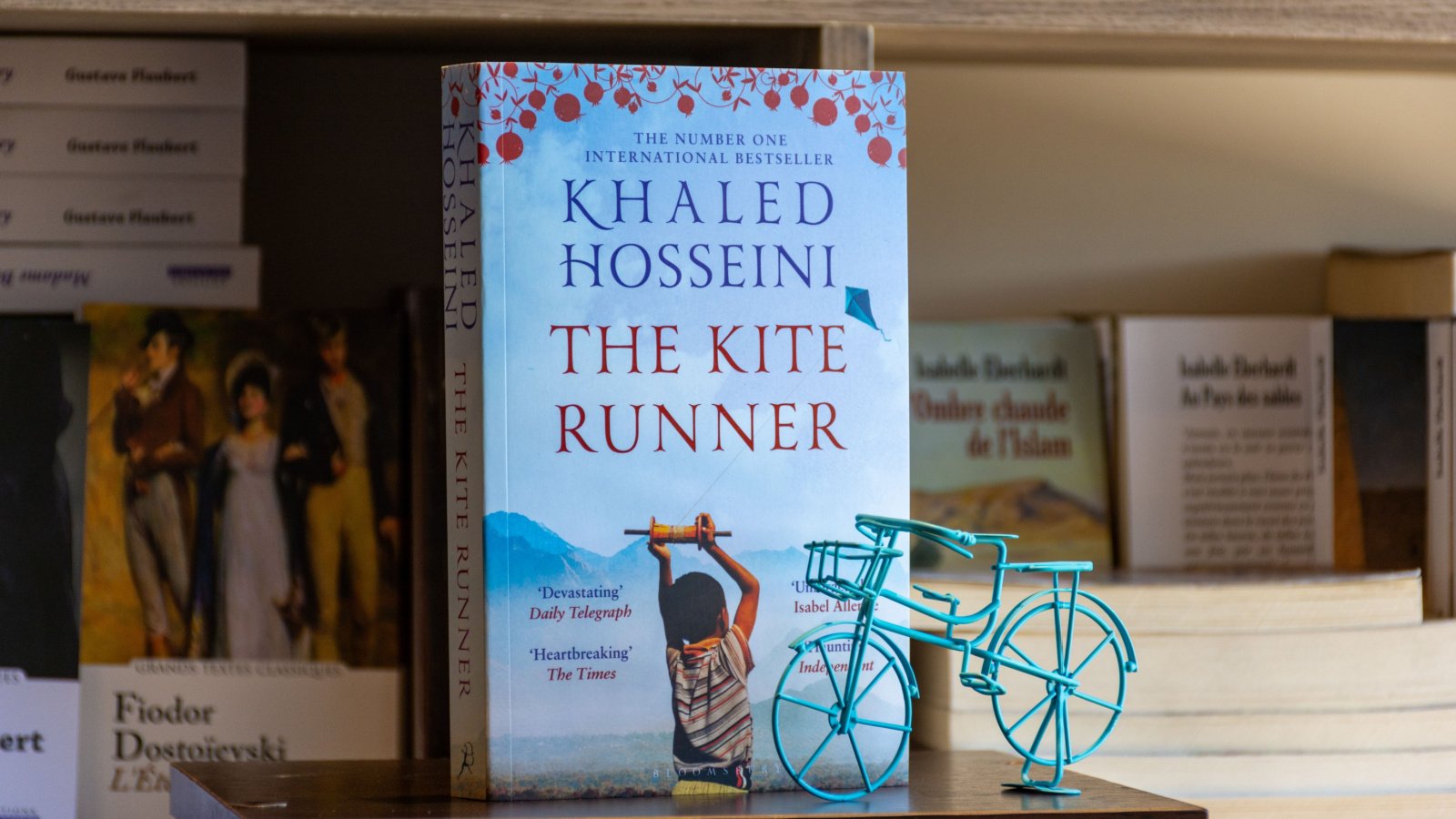
Set against the backdrop of Afghanistan’s tumultuous history, this novel follows the complex friendship between Amir, a privileged boy, and Hassan, the son of his father’s servant. Hosseini’s exploration of betrayal, redemption, and cultural conflict sparks discussions about the nature of friendship, the impact of past choices, and the power of forgiveness. The Kite Runner’s emotional depth and historical insights provide rich fodder for book club conversations.
Life of Pi by Yann Martel
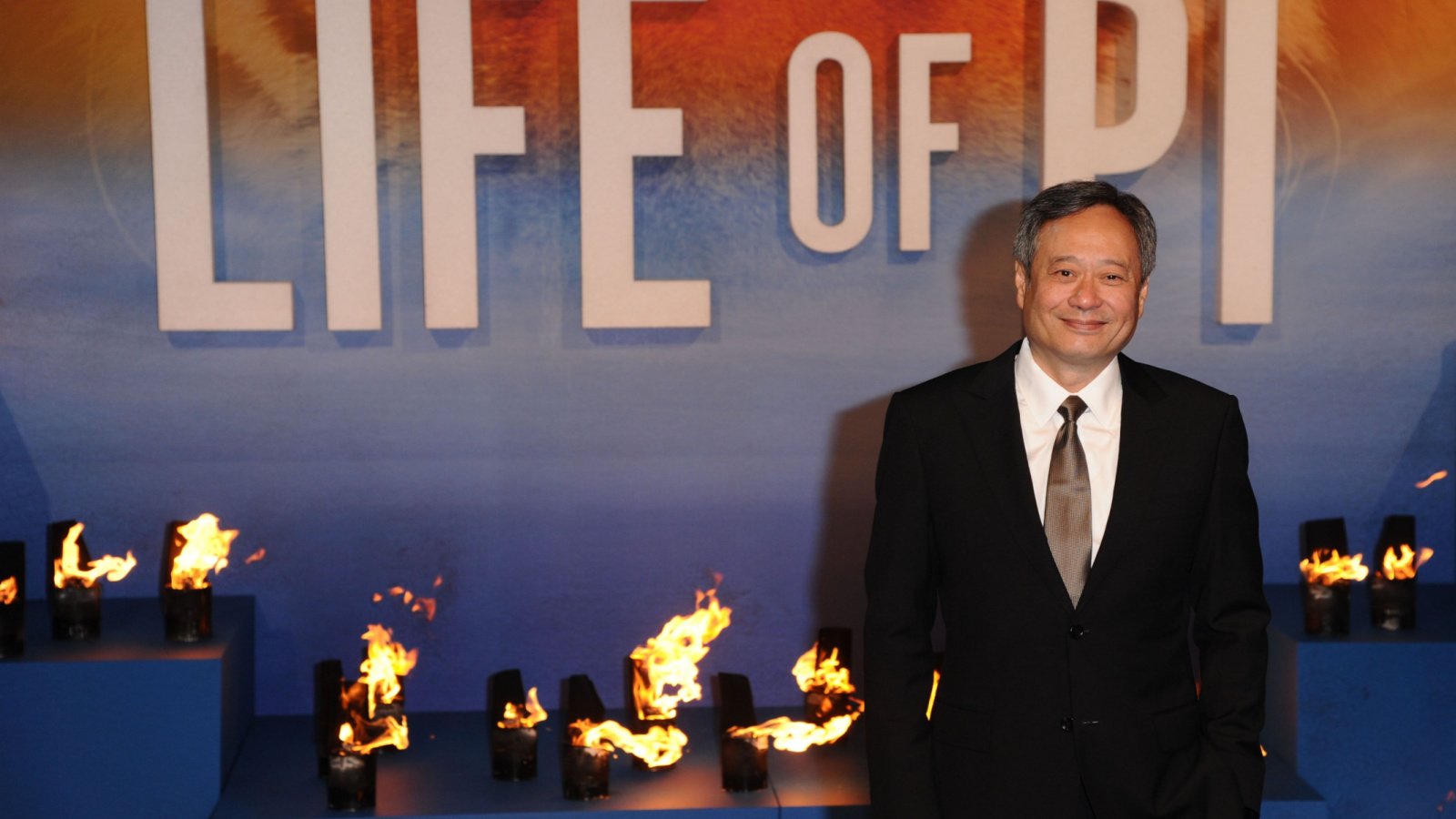
This imaginative tale recounts the survival story of Pi Patel, who is stranded on a lifeboat with a Bengal tiger after a shipwreck. Martel’s blend of adventure, spirituality, and philosophical inquiry prompts readers to ponder the nature of reality, faith, and the human spirit. The novel’s narrative structure and symbolic elements invite book clubs to explore the boundaries between truth and fiction.
The Book Thief by Markus Zusak
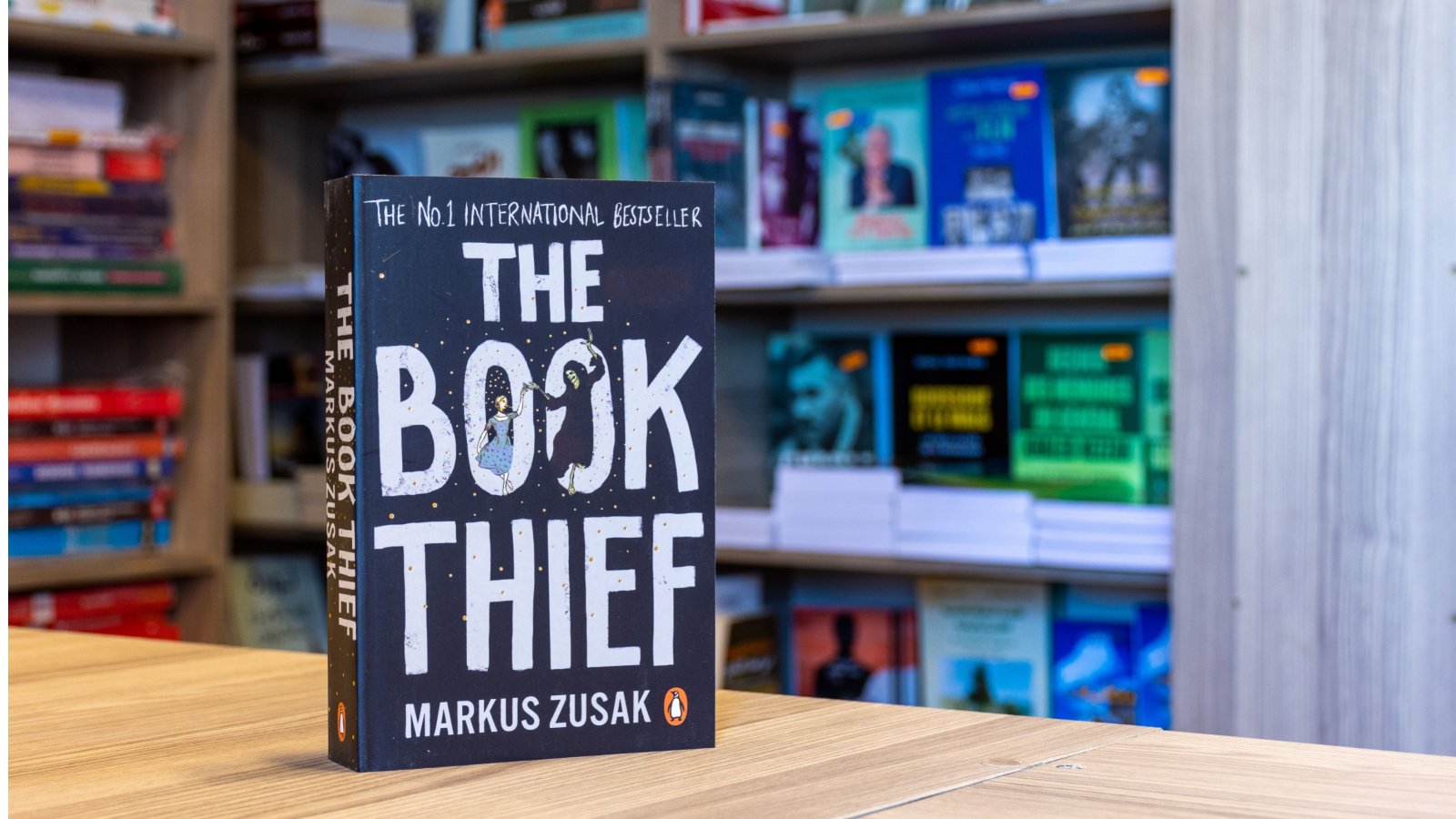
Narrated by Death, this novel follows the life of Liesel Meminger in Nazi Germany as she discovers the power of words and books. Zusak’s unique narrative perspective and poignant portrayal of wartime life provoke discussions about the human capacity for both brutality and kindness. The resilience of the human spirit showcased in The Book Thief makes it a captivating choice for book clubs.
The Handmaid’s Tale by Margaret Atwood

Set in a dystopian future, this novel portrays the life of Offred in the totalitarian state of Gilead, where women are subjugated and valued only for their fertility. Atwood’s exploration of power, resistance, and identity sparks intense discussions about gender roles, autonomy, and the dangers of extremist ideologies. The relevance of The Handmaid’s Tale to contemporary social issues makes it a compelling pick for book clubs.
Brave New World by Aldous Huxley
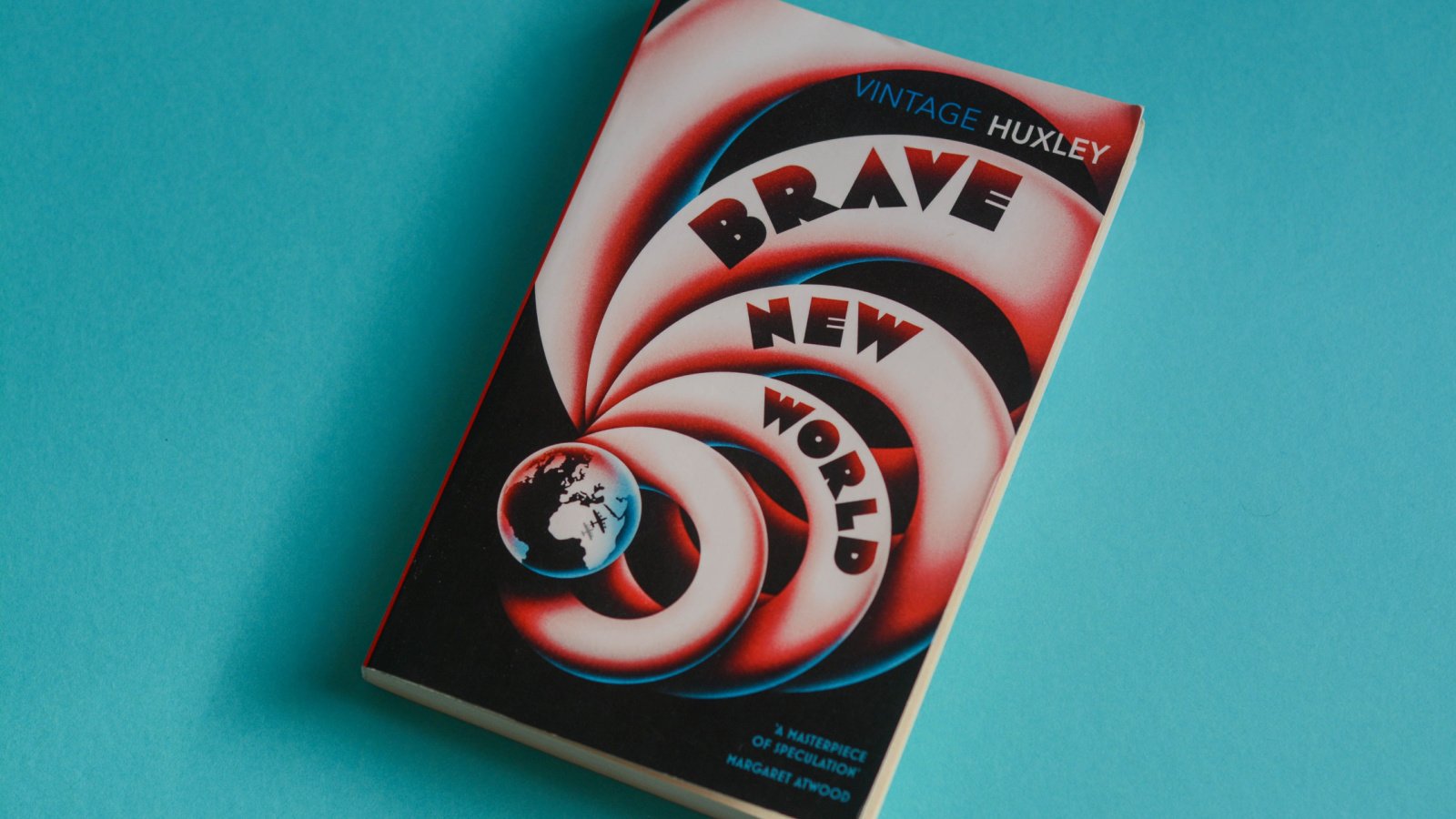
This visionary work imagines a future society where individuals are conditioned for happiness and productivity at the cost of their freedom and individuality. Huxley’s critique of consumerism, technology, and the pursuit of pleasure prompts readers to examine the values of their own society. The novel’s provocative themes and richly imagined world offer ample material for discussion in book clubs.
Lord of the Flies by William Golding

This novel follows a group of boys stranded on a deserted island who quickly devolve into savagery. Golding’s exploration of civilization, morality, and human nature sparks discussions about humanity’s inherent goodness or evil. The novel’s stark portrayal of the boys’ descent into chaos provides a compelling backdrop for book club discussions about society, leadership, and survival.
Frankenstein by Mary Shelley

In this classic tale, Victor Frankenstein’s creation of a sentient creature leads to tragic consequences. Shelley’s exploration of ambition, responsibility, and the quest for knowledge invites readers to discuss the ethical implications of scientific advancement. The novel’s complex characters and gothic atmosphere make it a fascinating choice for book clubs interested in literature’s ability to probe the human condition.
The Alchemist by Paulo Coelho
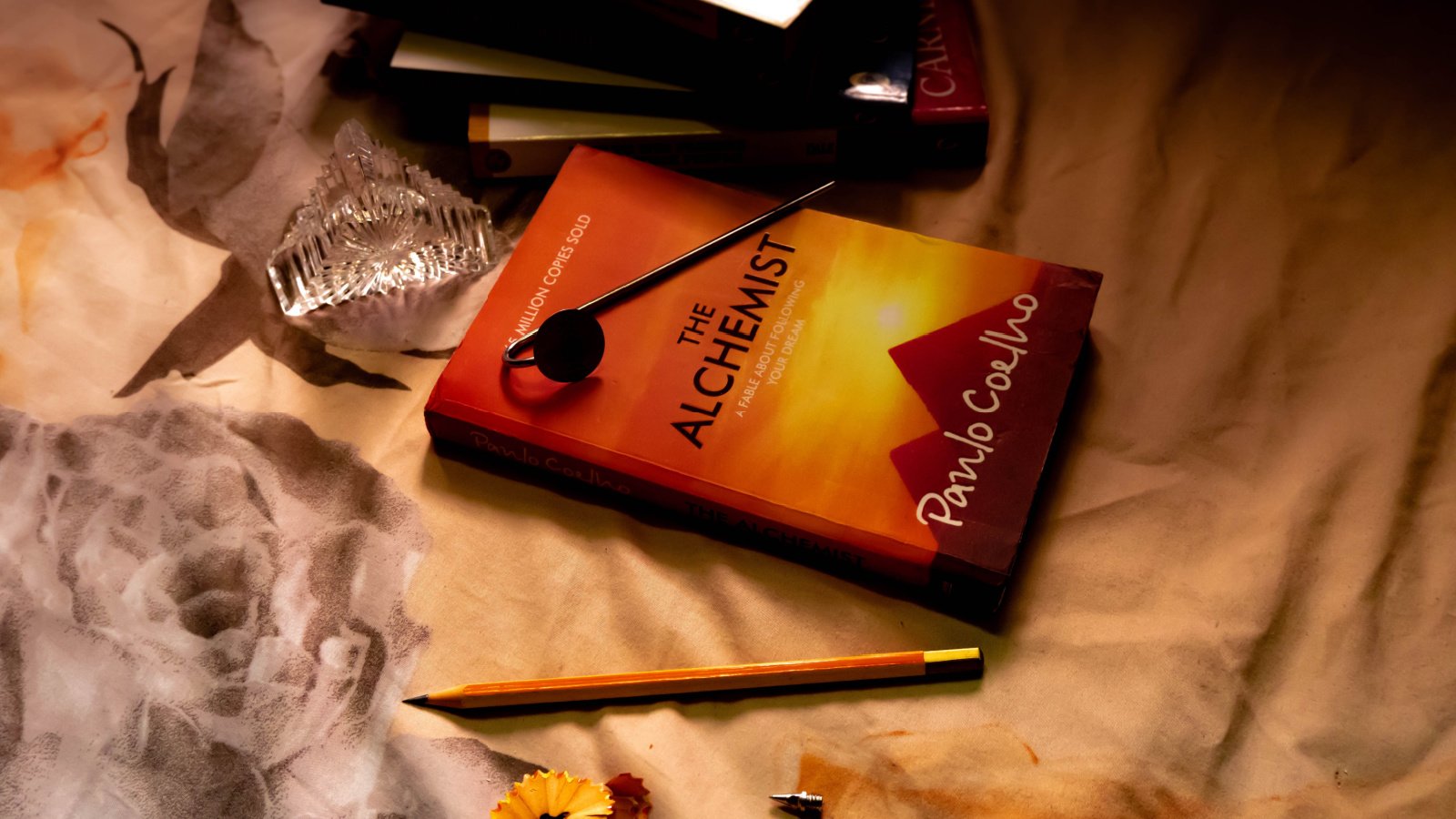
This allegorical novel follows the journey of Santiago, a shepherd boy who dreams of discovering a worldly treasure. Coelho’s exploration of destiny, personal dreams, and the interconnectedness of all things sparks discussions about the meaning of life and the pursuit of one’s personal legend. The simple yet profound narrative invites book club members to reflect on their own journeys and aspirations.
The Road by Cormac McCarthy

In this post-apocalyptic novel, a father and son traverse a desolate landscape, struggling to survive in a world devoid of hope. McCarthy’s sparse prose and the characters’ stark journey provoke discussions about the limits of humanity, the bond between parent and child, and what it means to be alive. The bleak yet poignant narrative makes The Road a powerful selection for book clubs.
A Thousand Splendid Suns by Khaled Hosseini
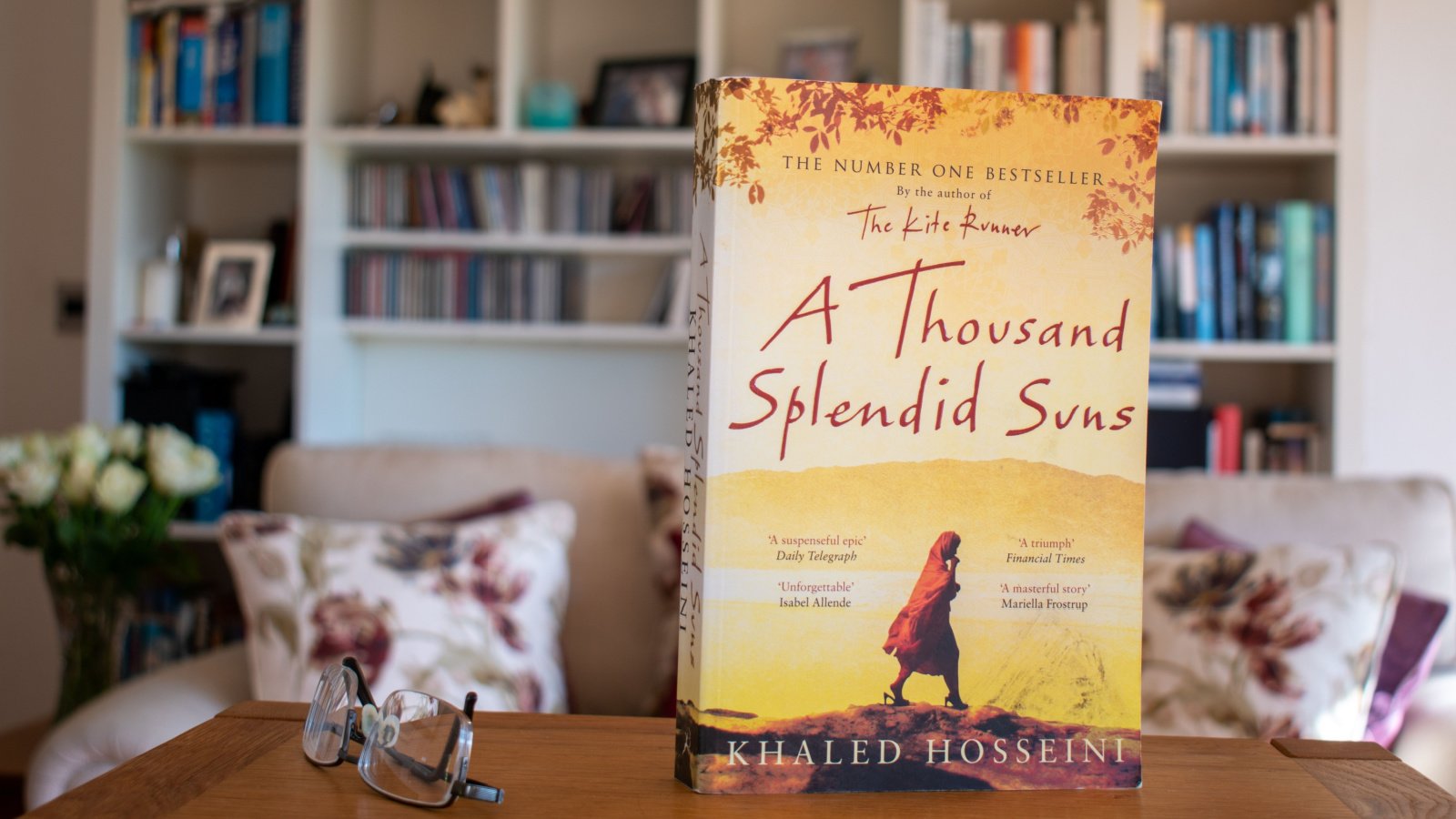
This novel tells the story of Mariam and Laila, two Afghan women whose lives intersect in ways that reshape their destinies. Hosseini’s portrayal of love, resilience, and the struggle against oppression sparks discussions about women’s roles, the impact of war, and the power of hope. The emotional depth and cultural insights provide a rich basis for book club conversations.
Slaughterhouse-Five by Kurt Vonnegut

This anti-war novel blends science fiction with the harrowing account of the bombing of Dresden during World War II. Vonnegut’s satirical narrative and time-traveling protagonist provoke discussions about the nature of time, the absurdity of war, and the search for meaning in a chaotic world. Slaughterhouse-Five’s unique structure and dark humor make it an engaging pick for book clubs.
Wuthering Heights by Emily Brontë
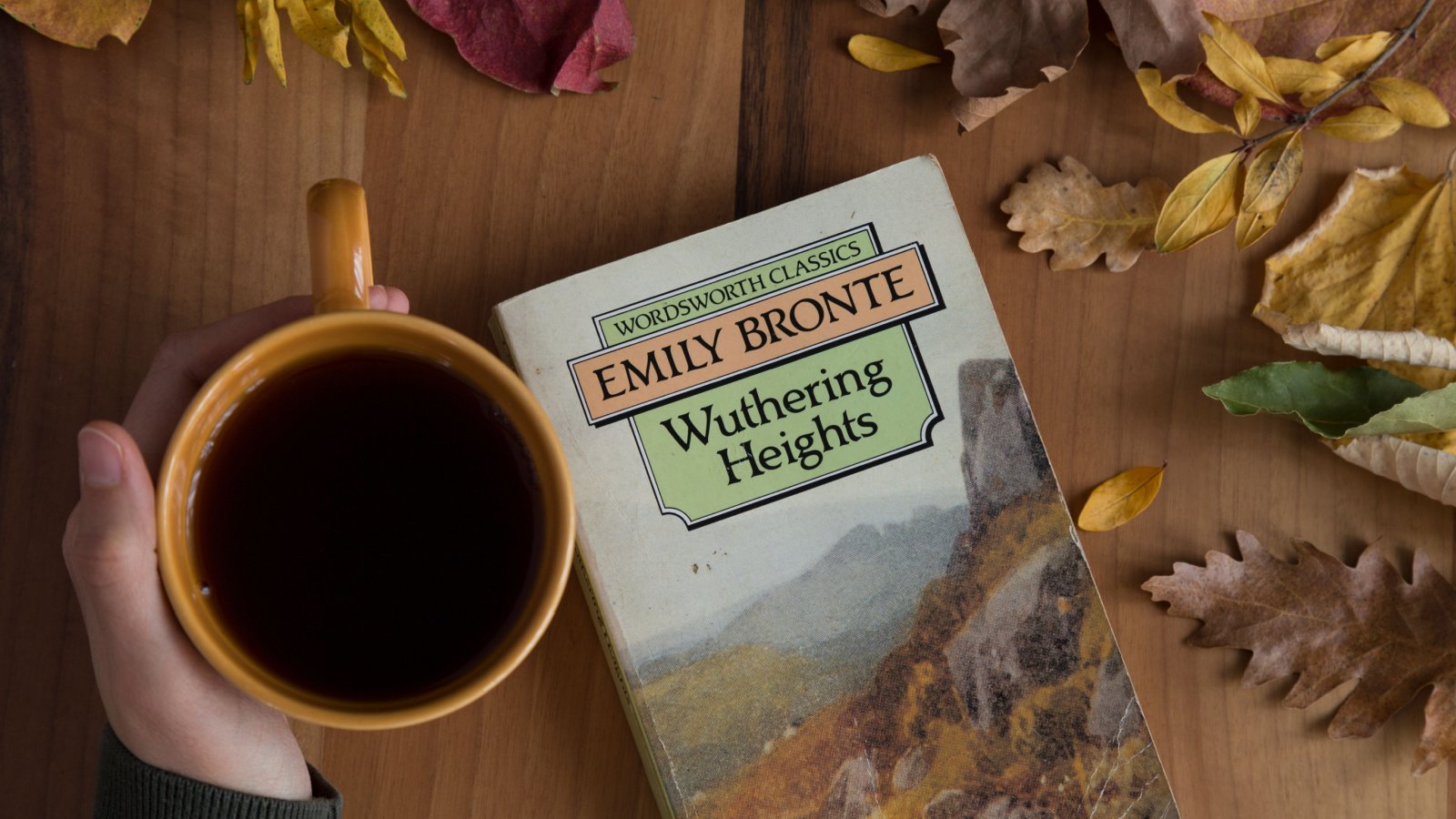
This novel unravels Heathcliff and Catherine’s intense and tragic love story, set against the wild Yorkshire moors. Brontë’s exploration of passion, vengeance, and the supernatural invites readers to discuss love’s complexities and obsession’s destructive power. The gothic elements and emotional intensity ensure a lively discussion in any book club.
Invisible Man by Ralph Ellison

This novel tells the story of an African American man’s quest for identity in a society that refuses to see him. Ellison’s exploration of race, invisibility, and individuality sparks intense discussions about the social constructs that shape our perceptions and experiences. The symbolic elements make Invisible Man a thought-provoking choice for book clubs.
Little Women by Louisa May Alcott
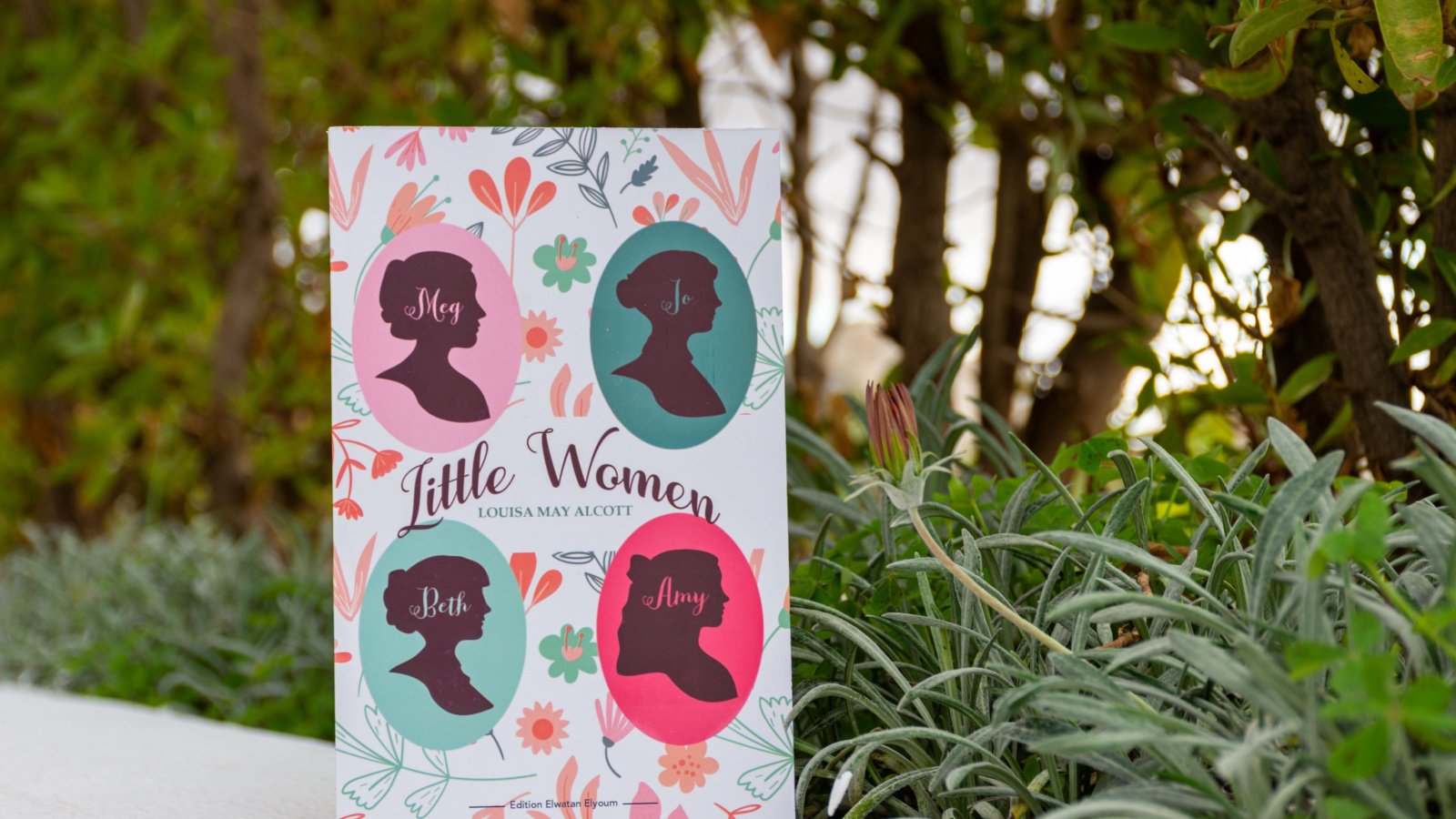
This beloved novel follows the lives of the four March sisters as they grow up during the Civil War era. Alcott’s portrayal of family, ambition, and women’s roles invites readers to discuss the challenges and choices women face, both in the past and present. Little Women’s enduring themes and rich character development make it a cherished selection for book clubs.
The Poisonwood Bible by Barbara Kingsolver

Set in the Belgian Congo during the 1960s, this novel explores the experiences of a missionary family and the complexities of cultural imperialism. Kingsolver’s rich narrative and multiple perspectives provoke discussions about colonialism, faith, and the clash of cultures. The Poisonwood Bible’s depth and relevance make it a compelling pick for book clubs seeking insightful dialogue.




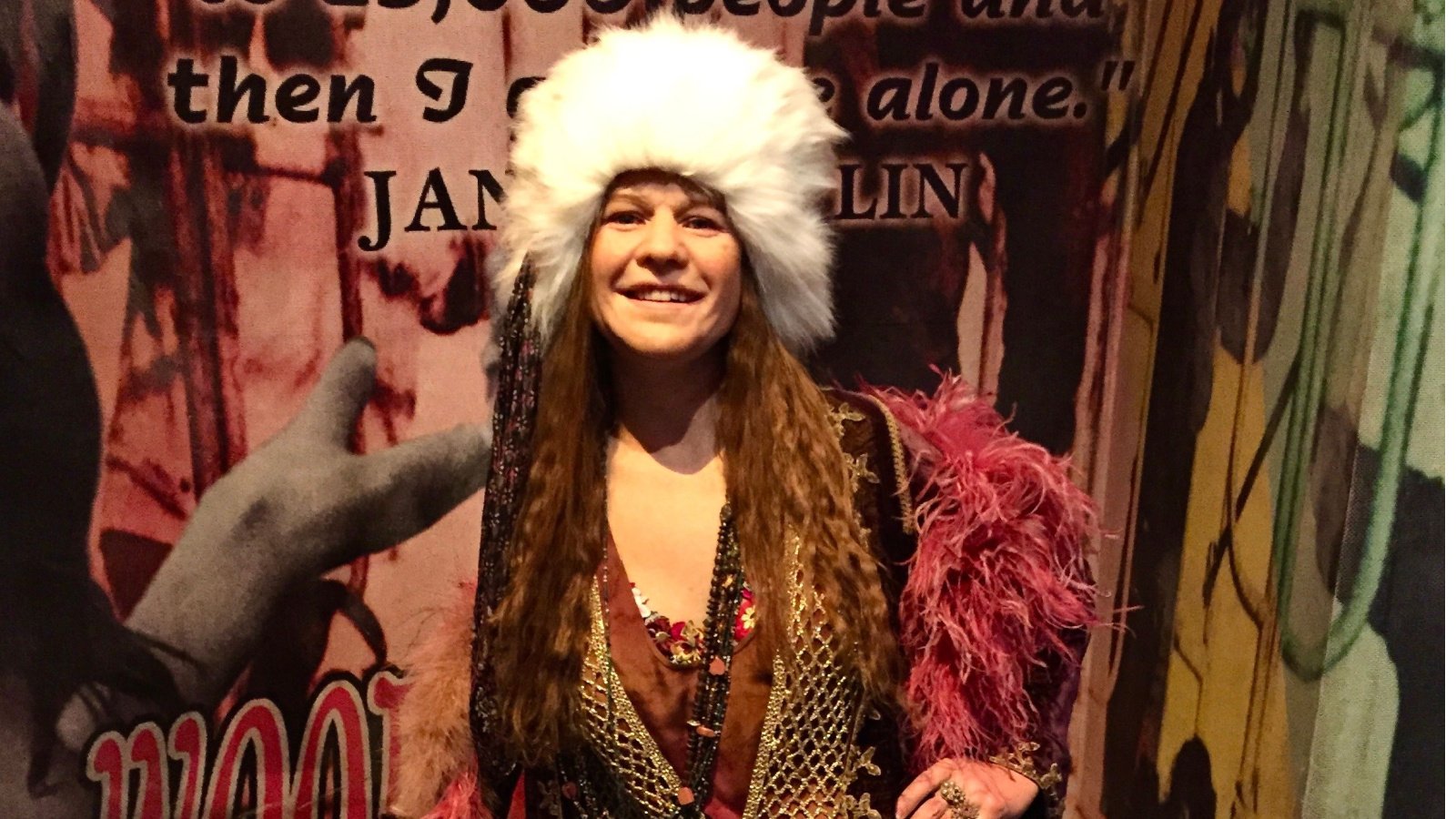




好文!2026年世界杯越来越近了,让我们共同期待这场全球足球盛宴。日期:2025-11-12 09:40:28 (-03)。
I like this web site so much, saved to bookmarks. “I don’t care what is written about me so long as it isn’t true.” by Dorothy Parker.